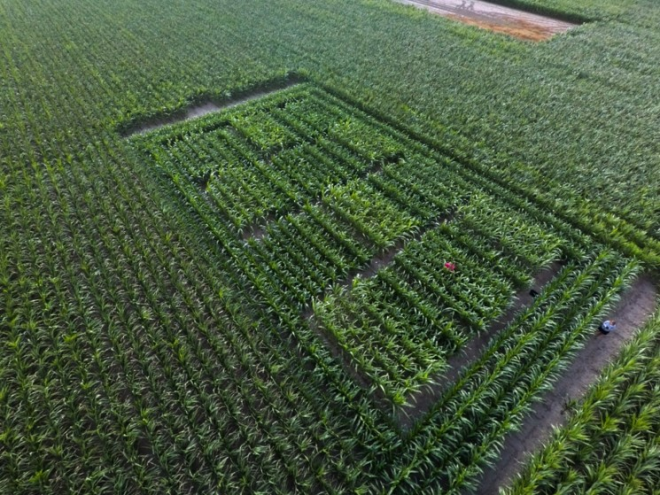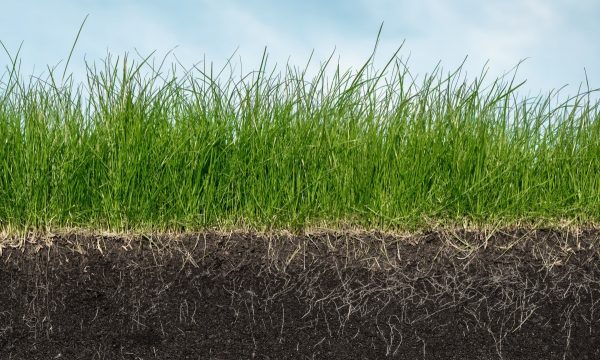Press release VIB field trial with maize variety to investigate drought tolerance in practice

Ghent, 14 May 2020. VIB researchers led by Dr Hilde Nelissen and Prof Dirk Inzé are starting a field trial today with a maize variety that is better adapted to drought conditions.
Global warming is evident in Belgium, with 2018 being exceptionally warm and dry. The summer of 2019 also broke a lot of records, with temperatures above 40 °C and an increasing precipitation deficit. According to the SMI, 2020 is already on the list of years of prolonged drought, and we are only at the beginning of the growing season. Belgium falls into the category of countries with 'high water scarcity', making us one of the driest regions in Europe.
These extreme conditions have led to the recognition in recent years as an agricultural disaster, releasing agricultural subsidies as a financial safety net for farms that see their yields plummet due to the drought. These economic consequences, together with the growing demand for local, sustainable agricultural products, call for adjustments. The necessary transition to climate-adapted agriculture includes, in addition to the application of new techniques and better soil management, the cultivation of robust, more drought-resistant crops.
The maize varieties that will now be tested in the field have showed promising results in the greenhouse. The plants produce larger amounts of a growth-regulating protein. They grow better under normal conditions and give a remarkable yield increase in drought conditions, at least under greenhouse conditions. With this field trial, the researchers want to check whether these positive effects are also maintained under normal growing conditions. The field trial is carried out in collaboration with ILVO, which has years of experience in agricultural field research.
The maize in the now started three-year field trial is still based on 'classical' gene technology. Permission for the trial was granted by the Federal Ministers of Public Health, Agriculture and the Environment on the basis of a favorable opinion of the Biosafety Advisory Council. Meanwhile, the researchers are diligently looking for possibilities to obtain the required increased levels of the growth regulator by means of 'genome editing'. Genome editing - or genome processing - is a new breeding method that allows genes to be adapted in a very targeted way and much faster than traditional breeding methods. This new breeding method is an important key in tackling agricultural problems that can be solved by improving crops.


